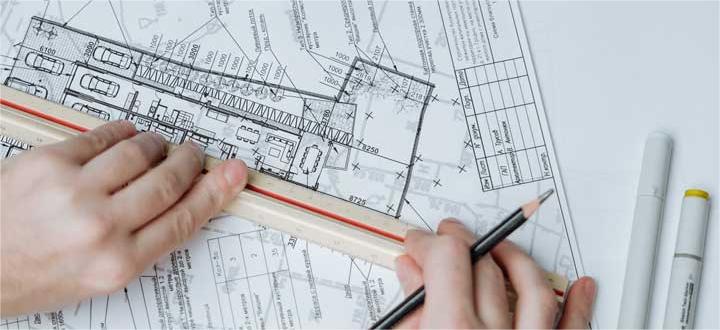一般现在时与现在进行时表示将来时的区别
2024-11-18 11:53:07 学考宝 作者:佚名
问题描述
--Hey, where are you?
--At the railway staion. My train ______ at rhe staion. My train _____ a 8:30 in hte morning.
A. leaves B. is leaving C. will have left D. will leave
答案是什么?leaving 与leaves 在表示将来有何区别,与will do 有何区别?谢谢!
老师答疑
陈老师:
--Hey, where are you?
--At the railway staion. My train ______ at rhe staion. My train _____ a 8:30 in hte morning.
A. leaves B. is leaving C. will have left D. will leave
答案是什么?leaving 与leaves 在表示将来有何区别,与will do 有何区别?谢谢!
(1)be leaving 表示主语根据计划和安排即将要执行某个动作(主要用于表示位置移动的动词come, go, arrive, leave, get, meet,start, begin)
I’m leaving tomorrow. 我明天走。
They’re getting married next month.
他们下个月结婚。
Are you meeting Bill this evening?
你今晚将和比尔见面吗
(2)leaves 表述根据事先安排的发车时间,即按照事先安排固定时间要发生的动作,一般汽车,火车的发车表.
What time does the train leave?
火车什么时候开?
(3)一般现在时态和进行时态表将来区别如下:
A:现在进行时表示将来,其计划性较强,并往往暗示一种意图。
I am leaving the day after tomorrow.
I leave the day after tomorrow.
我预定后天走。
The children are starting school on Monday.
The children start school on Monday.
孩子们星期一就要开学了。
B:一般现在时表示将来,则其客观性较强,即通常被视为客观事实,多指按时刻表或(不能随便更改的)规定要发生的情况。
I’m not going out this evening.
今晚我不准备出去。
What time does the train leave?
火车什么时候开?
(特别备注:如果主语是train, concert, programme 等表示事物的名词,动词通常一般现在时表将来,而不用进行时。)
What time does the train leave?
火车什么时候开?T
The program begins at 4.
这个节目四点开始。
区别如下
(1)从个人色彩来看
原则上说,一般现在时比现在进行时具有的个人色彩更少。比较:
I’m leaving tonight.(可能指的是我决定要离开)
I leave tonight.(可能指的是这是计划的一部分,但计划不一定是我订的)
(2)从是否正式来看
在通常情况下,一般现在时要比现在进行时听起来更为正式,比如计划开办一个新分店的百货商店很可能说:
Our new branch opens next week. 本店新设分店下周开业。
但不说:Our new branch is opening next week.
(3)从是否简洁来看
有时,现在进行时显得累赘的地方就用一般现在时,例如在谈到像旅程安排那样的一系列预定的将来的动作时,可以这样说:
We leave at six, arrive in Dublin at ten and take the plane on.
我们6点出发,10点到达都柏林,并在……乘飞机……
而不说:
We are leaving at six, arriving in Dublin at ten and taking the plane on...
最后总结:
(1)进行时表示将来含有人的“随意性主观因素”将来发生动作
(2)一般现在时态表将来含有“不能更改客观因素”将来发生动作
(1) be going to +动词原形:表示事先提前准备,计划安排好要发生动作
(2) will +动词原形
A:表示客观上必要会发生的动作
B: 表示没有提前准备计划随时即将发生的动作行为


















